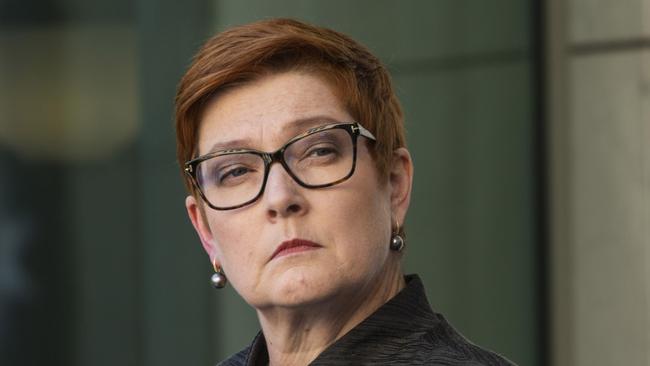
This is what Morrison seeks with a more ambitious reshuffle than initially expected. His reshuffle aspires to a new whole-of-government priority on women’s issues, puts a huge responsibility on Marise Payne as leader of the female ministers and demands a far higher public profile from her while chasing a more distinctive feminisation of the government.
This is a tall order. It cannot be business as usual. And it demands that the promoted Liberal women act from a sense of empowerment. These ministers have a new responsibility and they need to get into the sunlight. Put bluntly, they lack profile. It is their job to facilitate a change in the national conversation and national mood.
Standing next to Morrison at the announcement, Payne said the decisions constituted “the most whole-of-government response you could ever hope to achieve”. This has only one meaning: new policies over 2021 to assist women in the workforce, in the economy, in childcare, in personal safety, in Parliament House and in the criminal justice system.
This is Morrison’s strength — identifying the policy problem and addressing it. His weakness is diagnosing and responding to a cultural eruption that originates outside the conventional order and then invades politics, exposing his cultural and empathetic limitations. Morrison needs a response at both levels.
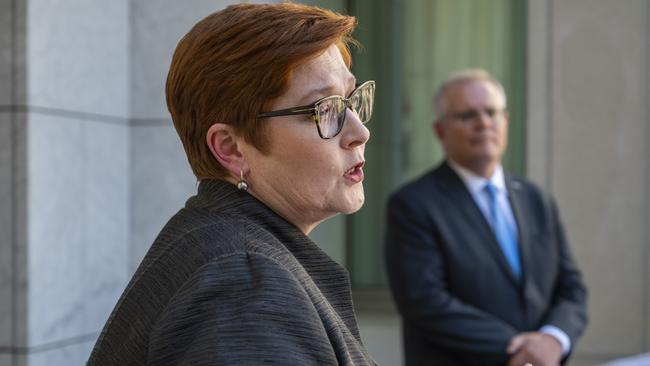
The politics of gender are laced with traps and contradictions. Julia Gillard’s famous misogyny speech (made defending the indefensible in the form of a sexist Speaker, Peter Slipper, who was forced to stand down) turned her into a feminist heroine. In truth, however, its impact was cultural not political.
“It was more about gender relations than politics,” ALP national secretary George Wright said in my book, Triumph and Demise. “There’s nothing in the research to show it had a large impact on the political situation.” Indeed, in 2013 when Gillard was deposed, the evidence suggests that men, silently and grimly, had moved against her.
Morrison’s dilemma is different to the Abbott/Gillard gender war. The political significance of the past six weeks is not that Morrison is a misogynist but that he failed to manage the long-pent-up tidal wave of demand for justice and respect coming from Australian women as it broke over the political system.
Seeking to promote women in the Liberal Party wasn’t enough. The heart of the crisis is the party’s culture. How devastating now is Tony Abbott’s decision to include only one woman — Julie Bishop — in the cabinet he formed after the historic 2013 election victory.
It is almost forgotten how valuable was Bishop’s role in combating Gillard’s gender attacks on the Coalition when she called Labor out for hypocrisy — manipulating misogynist claims for purely political gain.
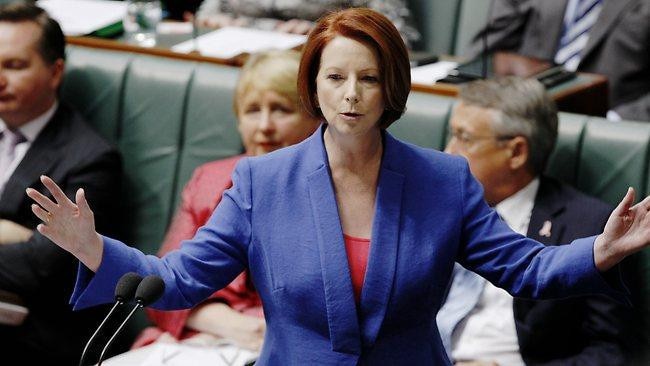
Morrison has had no Bishop equivalent standing beside him in recent weeks, and the omission has been conspicuous. His reshuffle will only succeed if two tests are met — policy results and profile transformation. This must begin with Payne, who displayed a new resolve at the Monday media conference. The promoted Liberal women must grasp they now have a dual role — as ministers and as female agents of change.
Morrison has delivered in structural terms. He has restored the highest number of female cabinet ministers — seven. He has women in a series of pivotal jobs — Karen Andrews in Home Affairs, Michaelia Cash as Attorney-General and Industrial Relations Minister, Anne Ruston in Social Services (and into the leadership team). Linda Reynolds, while demoted from Defence goes into Government Services and the NDIS, where Labor is guaranteed to seriously test her, Sussan Ley remains in Environment while Melissa Price in Defence Industry returns to cabinet to bolster the numbers. Two younger female prospects are further down the ladder — Jane Hume as Minister for Superannuation and Financial Services and Amanda Stoker, whose added jobs see her as Assistant Minister to the A-G, on IR, and on women.
In addition to her job as Foreign Minister, Payne is co-chair with Morrison of the new cabinet taskforce to drive all issues relating to women’s equality, safety, health and wellbeing. The taskforce will include the central agency ministers — the PM, Deputy PM, Treasurer and Finance Minister — in addition to all women in the ministry.
Sounds good. But experience tells us such newly created cabinet-type decision-making units face a serious test to get functional. Payne said it puts a “gender equality lens” to the entire ministry “in a way I have never seen before.” Time will tell. But the policy bar is now set high.
Payne lives with her new informal title — prime minister for women — following Morrison’s comment. She was on the radio airwaves on Tuesday and that must become a crucial part of her job. The women’s agenda runs across myriad issues — participation, gender pay gap, violence against women, sexual assault and justice.
The May budget must now deliver for women. And the Liberal women ministers need to find a pathway between championing women’s issues and repelling Labor’s tactic of using justice for women to de-legitimise the Morrison government.
Beyond this, the reshuffle is conspicuous for the principle Morrison has stood by — retaining Porter in the cabinet by denying the easy and disreputable demands from much of the media that he conveniently dump Porter, thereby bowing to the new McCarthyism in our public life — that a career can be destroyed by a 33-year-old allegation devoid of evidence that can stand in the criminal justice system.
By taking defamation action against the ABC Porter is sending three messages. First, he will fight for his integrity as a person not just as a politician. Second, that he will not be bullied out of public life or the parliament by the ABC, which took calculated action to destroy his career when it redefined the concept of the public interest by running on the rape allegations against him.
Third, Porter is fighting for a principle — that the ABC’s conduct cannot be allowed to become a new operating norm for our media and our public life. Our polity is diminished when an allegation can be selectively mobilised to terminate a career in this manner. If Porter prevails in his defamation action the politics of this issue will inevitably change.
Porter accepted Morrison’s conclusion that he could not remain Attorney-General. But he remains in cabinet in the Industry, Science and Technology portfolio and there is a distinct sense of steel within the government to challenge and defy outrageous allegations when lodged against senior figures.


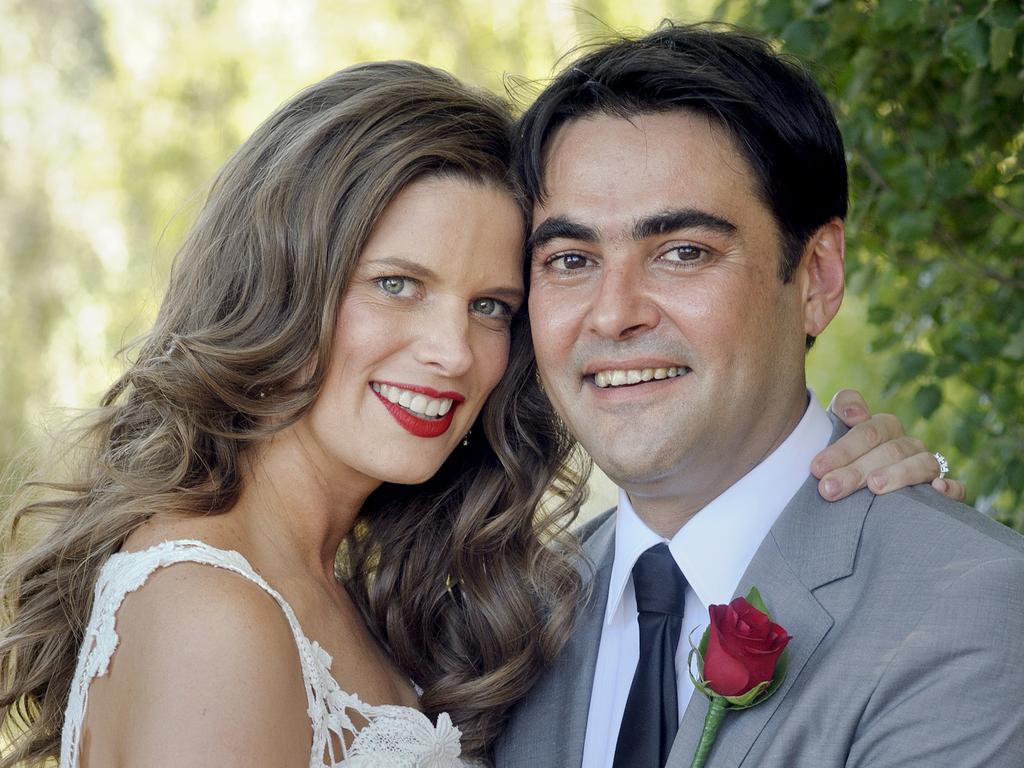
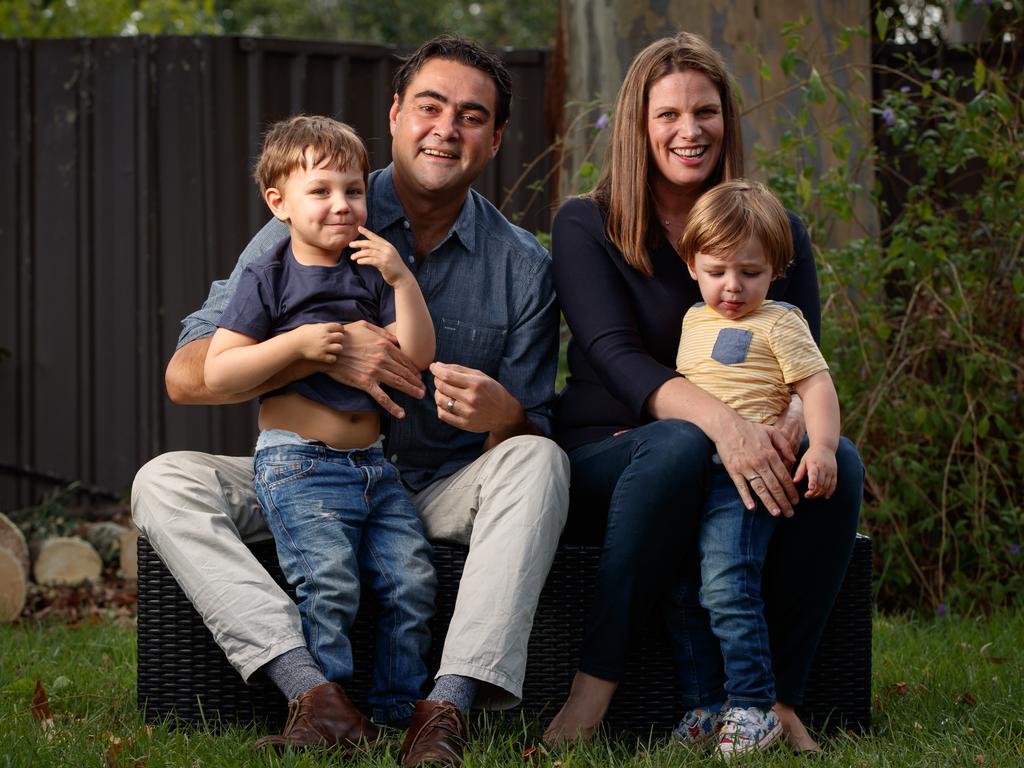

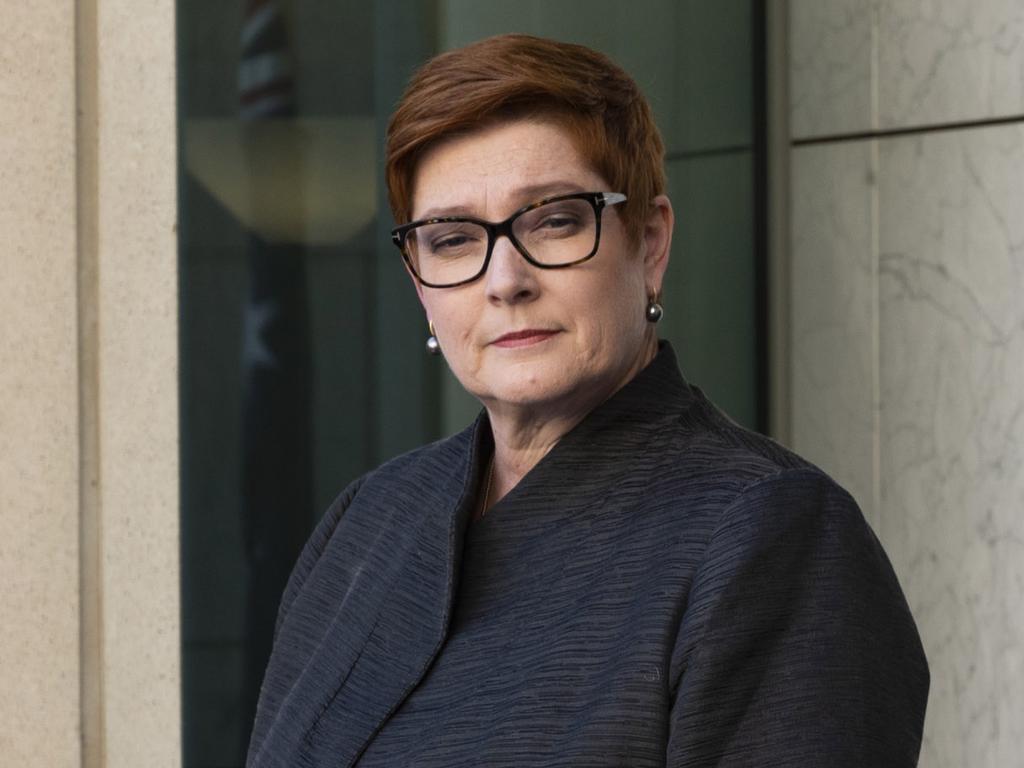


Scott Morrison’s ministry reshuffle aspires to correct a generation-long Liberal Party cultural problem. It an indispensable first step but no magic bullet solution exists for this challenge. The government’s survival depends upon bringing the politics of gender back inside the tent of conventional politics.